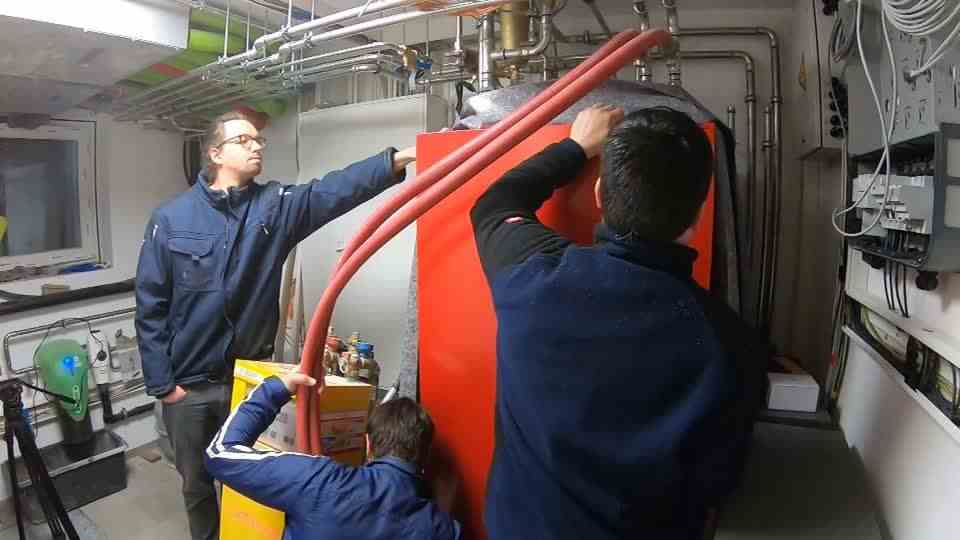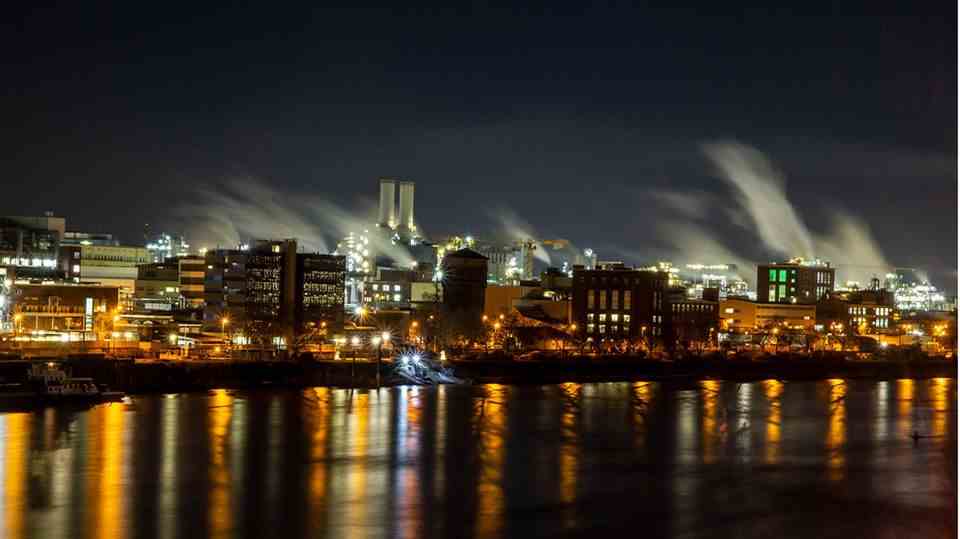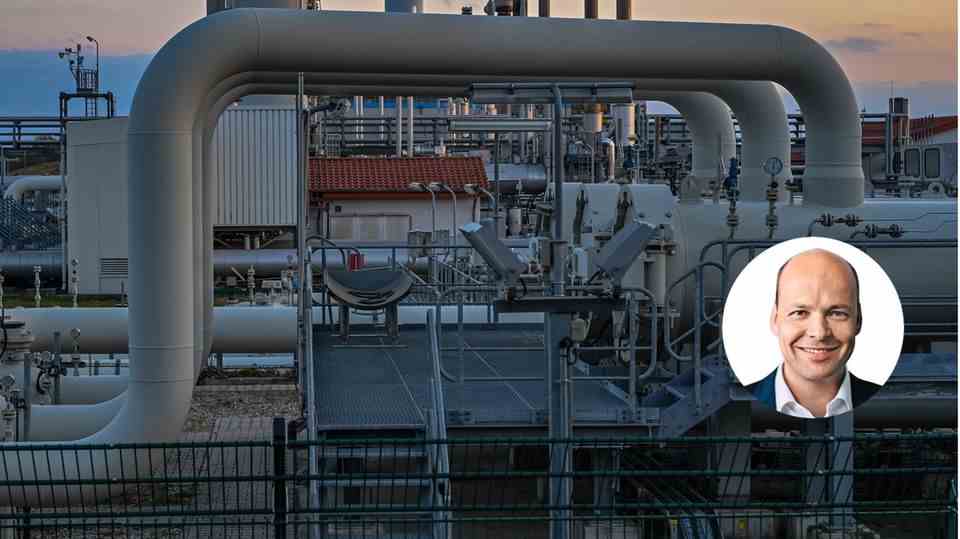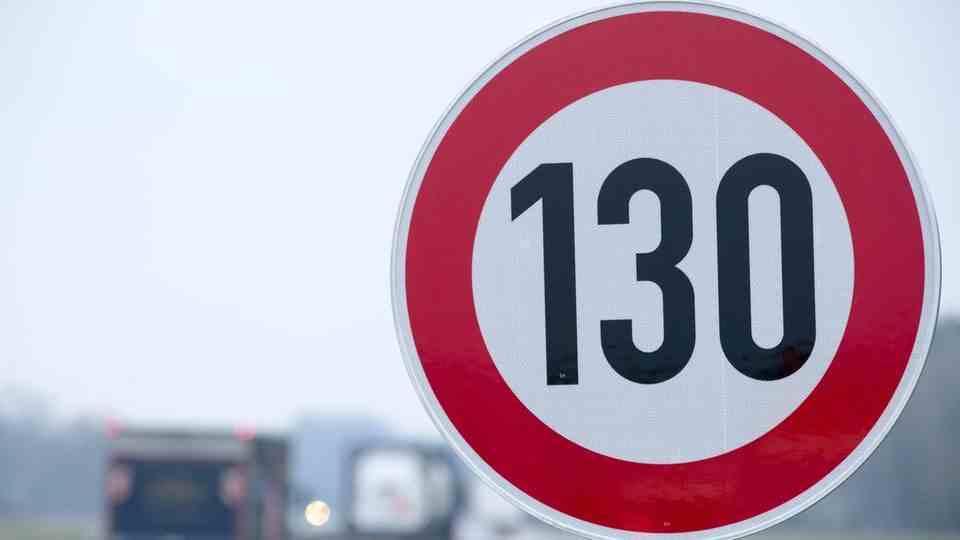After the Bucha massacre, the debate about stopping Russian oil and gas imports gained momentum. Would Germany stick to a delivery stop?
Germany is dependent on Russian gas and oil supplies – according to the Federal Ministry of Economics, at least in terms of gas until the summer of 2024. But what if the federal government decides to stop imports or Russia drains the pipelines? Can Germany hold out? How big are the economic risks? And how big are the reserves in this country?
the star answers the key questions on the discussion about an energy supply freeze, which was further heated up after the Bucha atrocities.
Would Germany hold out if gas or oil were stopped?
In the gas-hungry chemical and pharmaceutical industries in particular, but also in the steel, ceramics and glass industries, there are major concerns about a sudden lack of Russian energy. “A short-term and unlimited delivery stop would have massive negative effects not only on the chemical-pharmaceutical industry by autumn at the latest, but also on the entire production network of the industrial country Germany via its function in the value chain,” said Wolfgang Große Entrup, Managing Director of the German Chemical Industry Association . While oil can sometimes be obtained from other regions, there is no short-term replacement for gas.
How dependent is Germany on Russian energy so far?
high grade According to data from the Federal Institute for Geosciences and Natural Resources, Germany received more than 50 percent of its natural gas requirements from Russia in 2021. Russia accounted for 34 percent of oil imports, but imports are expected to be halved by the summer, according to the Economy Ministry. When it comes to coal, Russia is the number one supplier country for Germany: in 2020, 45 percent of the imported hard coal and hard coal products such as briquettes or coke came there, and in 2021 the proportion increased to 57 percent, according to the Federal Statistical Office.
The ministry explained that the share of Russian gas deliveries had fallen to a good 40 percent. By the summer of 2024, it could be possible to become largely independent of the dominant source. But that depends on the pace of the expansion of renewable energies and the extent of the energy savings achieved.
How do economists assess the risks of an embargo?
The consequences would be significant, but their extent is disputed. Economists at the union-affiliated Hans Böckler Foundation, for example, expect a delivery stop to cause greater damage than many colleagues assumed. In the worst scenario, in which energy costs rise rapidly as a result of an embargo, there would be a “decline in gross domestic product by more than 6 percent” in 2022, according to a special analysis by the Foundation’s Institute for Macroeconomics and Business Cycle Research. That would be a greater slump in overall economic output than in the Corona crisis year 2020.
One thing is certain: an energy embargo would turn the situation upside down. “If that were to happen, there is a high probability that the German economy and probably also the European economy would fall into recession with long-term consequences,” said the President of the Association of German Banks, Deutsche Bank CEO Christian Sewing, on Monday . In his estimation, a sensitive downturn could hardly be avoided.
The “economic wise man” Veronika Grimm, on the other hand, believes that an embargo could be a tried and tested means of establishing and stabilizing security in Europe – even if this means an economic slump. The decisive factor is whether this danger can be contained by withdrawing the income from the energy business from Russian President Vladimir Putin. “The question must be whether an energy embargo or other measures that reduce payments to the Putin regime are necessary for security reasons and increase the likelihood of containing the conflict.”
The federal government has so far rejected an embargo. Chancellor Olaf Scholz had made it clear several times that from Berlin’s point of view, entire branches of industry in Germany would be threatened in such a case.
How much natural gas does the German storage facility currently contain?
Even before the start of the war, the filling levels in this country were significantly lower than in previous years. The database of the Gas Infrastructure Europe network gave the last current total value for Germany on Saturday (April 2) at just under 26.5 percent. In addition, more energy is extracted every day (529 gigawatt hours) than is newly stored (486 GWh), and this is far below the technically possible capacities.

Striking here: For the plants that previously belonged to Gazprom, far lower levels than the national average are reported. According to the information, the largest German storage facility in Rehden, Lower Saxony, was almost empty at the weekend with only 0.5 percent utilization. The memory in East Frisian Jemgum was 15.8 percent full.
Can a higher German self-production of gas ease the situation?
Concerns about the stability of gas supplies from Russia and considerations of an import ban from the European side also reignited the debate about the role of German domestic production. For years, the Federal Republic of Germany’s own production had declined – also because conventional deposits were visibly exhausted and at the same time there was resistance to the alternative fracking method.
At best, domestic gas covers about 5 percent of consumption. The head of the industry association BVEG, Ludwig Möhring, calls for this to be seen at least as an additional support: “Our goal is to keep production at the current level and ideally even to expand it slightly. This value of security of supply must be recognized and raised.” Nothing has been the same since the attack on Ukraine, he said. “The supply structures have been shaken.”
What has Germany done so far to reduce dependency?
By order, the federal government has taken over the supervision of parts of the German gas supply previously managed by Russia. Federal Economics Minister Robert Habeck temporarily appointed the Federal Network Agency as a trustee for the German subsidiary of the Russian state-owned company Gazprom. Habeck justified this with unclear legal relationships and a violation of reporting regulations. The aim is to ensure security of supply. Gazprom is still Germany’s largest gas supplier.
The economy minister had previously traveled to Norway and Qatar to explore contracts for supplemental or liquefied natural gas (LNG). Talks are also to be held with Canada. LNG is controversial in terms of climate policy because of the CO2 load caused by transport and combustion, but is considered an important alternative because of the time pressure when doing without Russian pipeline gas. In Wilhelmshaven, Stade and Brunsbüttel, import terminals for the raw materials delivered by ship are to be built as quickly as possible – initially possibly as floating facilities before the complete terminals are completed.
From the point of view of Lower Saxony’s Energy Minister Olaf Lies, if necessary, the work must start before the building permit is issued – in the case of lighter tenders. Wilhelmshaven wants to “implement a first import hub at the turn of the year if possible,” he said. “Here, as a state, we have to take the risk if necessary. The economic and social price we pay if we don’t become independent as soon as possible is much higher.”




